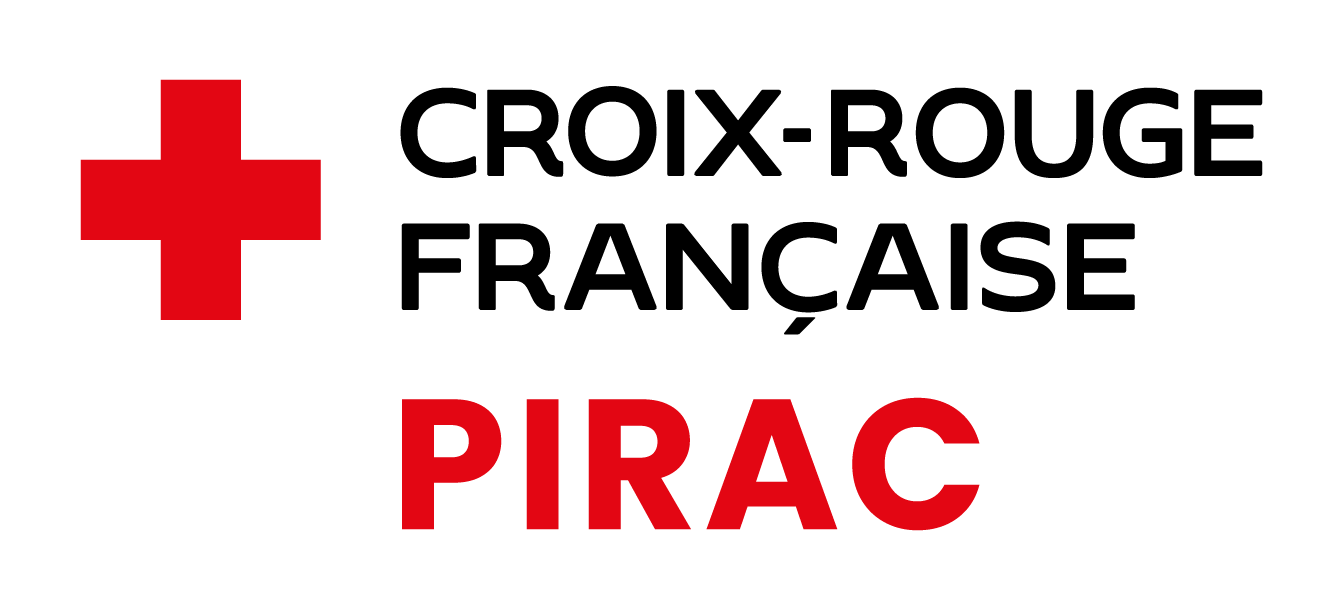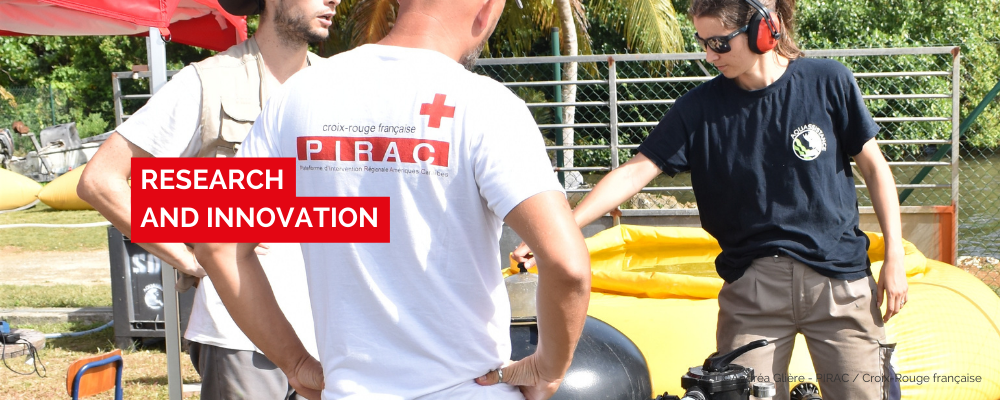
WHY DEVELOP RESEARCH & INNOVATION?

Faced with major humanitarian challenges and a constantly changing social, health and environmental context, it is essential to develop ever more refined analyses in order to establish effective operating methods. With this in mind, PIRAC invests in research and innovation to guide its actions.
This fundamental dimension of PIRAC’s action is achieved through various partnerships: Universities for the realization of socio-anthropological research works that allow to understand the driving forces of behaviors in front of risks and to influence them, meteorological centers for the development of tools and methods of anticipation of hydrometeorological risks, the private sector for the implementation of innovative technical emergency solutions, etc. These partnerships will be strengthened over the period 2021-2025.
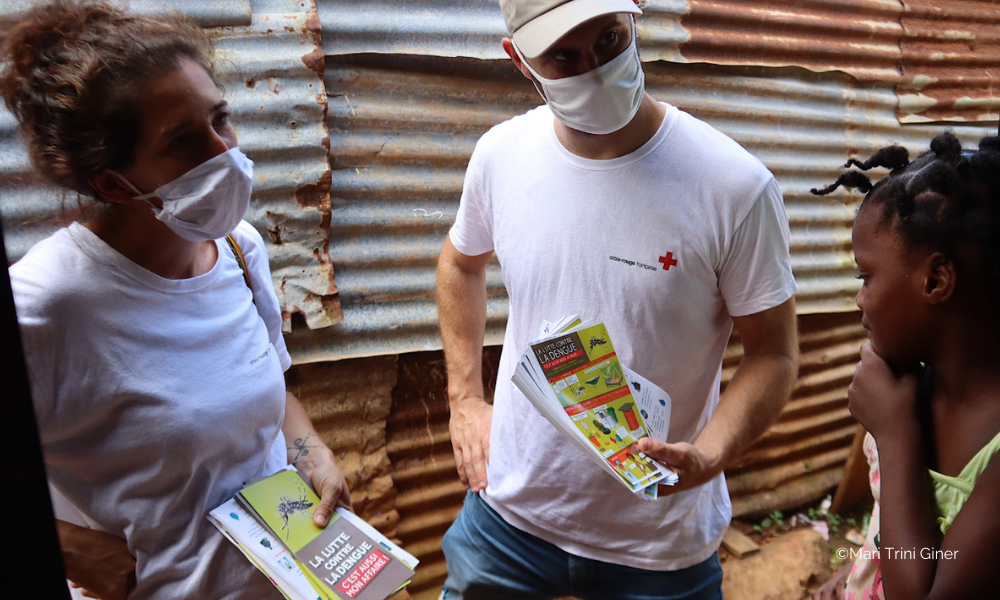
DENGUE RESEARCH
In partnership with the Red Cross Climate Centre and the London School of Hygiene and Tropical Medicine, PIRAC is conducting research in Barbados and Guyana to analyze the links between meteorological factors and dengue cases. The objective is to be able to trigger early epidemic control actions based on weather forecasts, in anticipation of crises, in order to limit their impact.
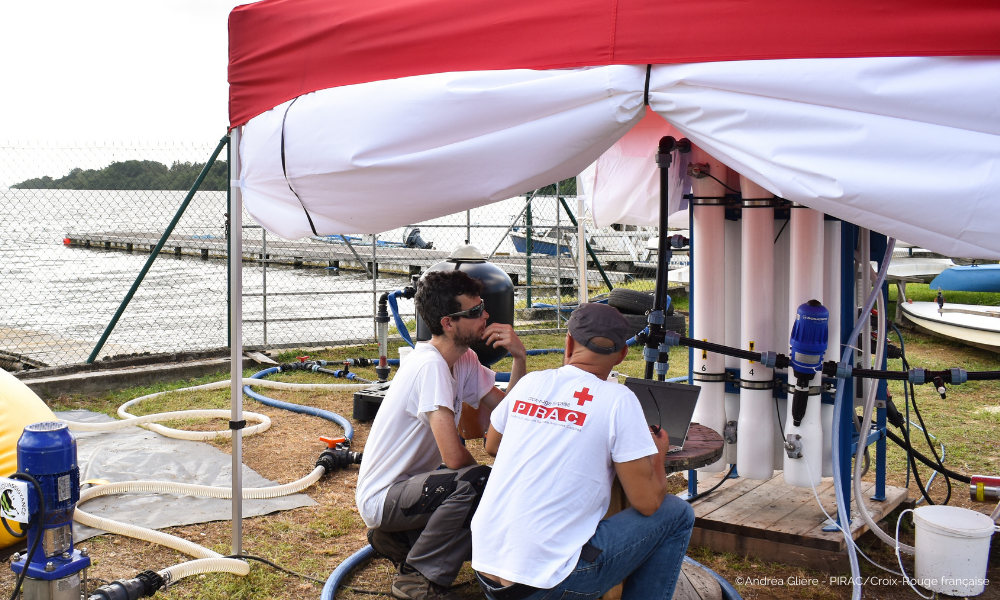
IMPROVE ACCESS TO CLEAN WATER IN EMERGENCIES
In some areas of the Caribbean, access to fresh water (springs, river, wells, etc.) is non-existent. This was the case in St. Martin in 2017, for example, during the passage of Hurricane Irma. In these situations, the use of conventional emergency water treatment plants is impossible and the preferred emergency solution is to send large stocks of bottled water, which has a significant environmental impact.
In order to improve access to drinking water while avoiding the production of plastic waste, PIRAC has developed with its partner Aquassistance in Guadeooupe an innovative mobile water treatment plant using sea water. This equipment is now stored by PIRAC and ready to be deployed if necessary. It saves the equivalent of more than 6,000 plastic bottles per day.
DEVELOP PARTNERSHIPS AND STRENGTHEN COORDINATION BETWEEN ACTORS IN THE REGION
The implementation of quality actions, adapted to a changing context, requires building specific partnerships to improve the response to emergencies.
Collaboration with scientific actors is essential. They allow us to ensure a high level of quality and understanding of the issues in order to develop adapted interventions.
PIRAC has regular partnerships with universities (Antilles Guyane, West Indies) and research centers (Institut Caribéen Hydro Météorologique, Météo-France, Institut Pasteur, etc.) which will be reinforced.
PIRAC, through the Caribbean Red Cross, also works with governments, ministries (health, civil security, education, etc.), technical agencies. At the regional level, PIRAC cooperates very closely with inter-governmental organizations and agencies, such as CARPHA, the CARICOM Public Health Agency, and CDEMA, the CARICOM Disaster Risk Management Agency.
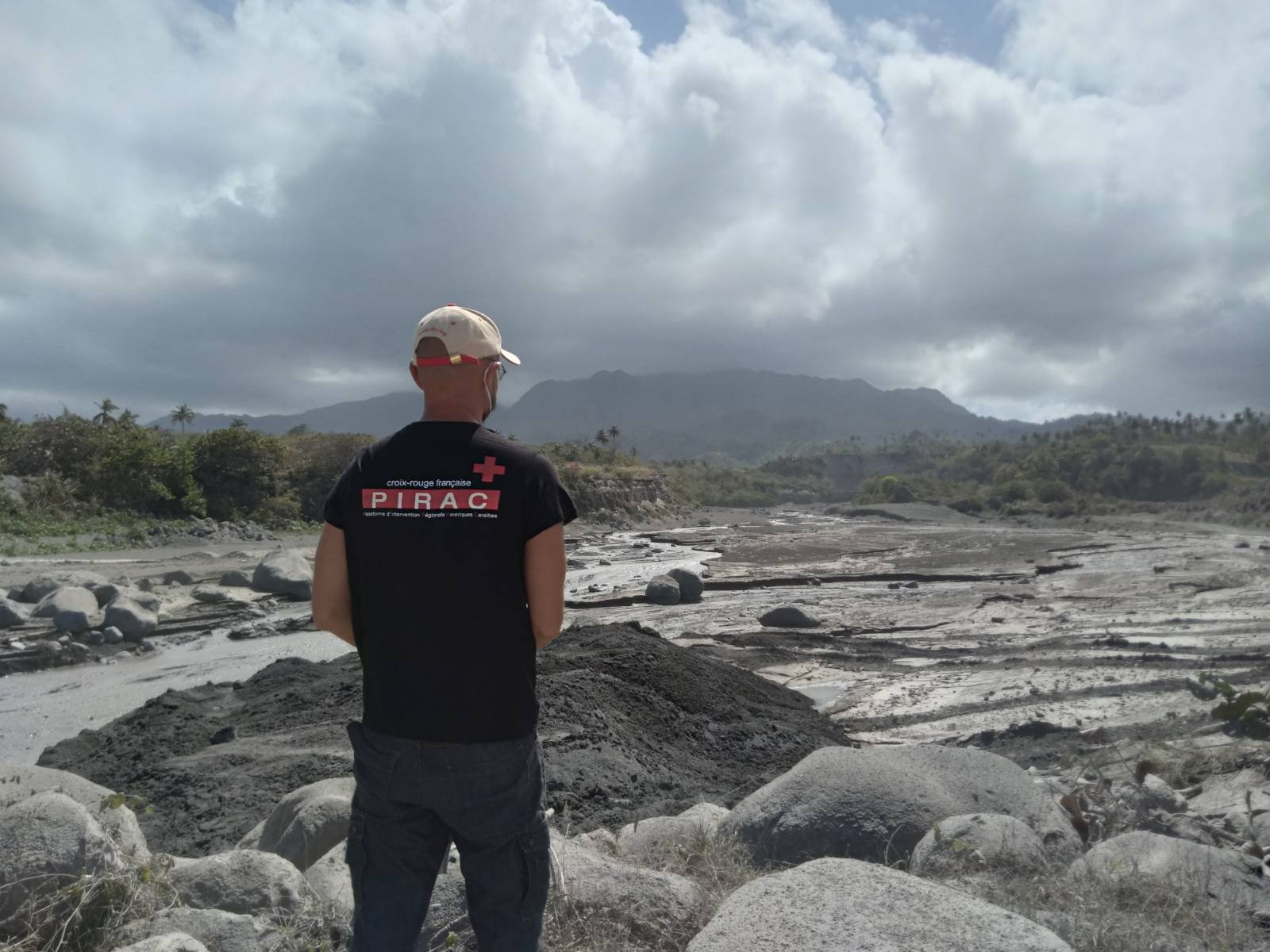
RESEARCH ON VOLCANIC HAZARDS
In 2013, PIRAC established a regional Think Tank dedicated to volcanic risk knowledge and preparedness for the populations of the Lesser Antilles. It brought together the Montserrat Volcanological Observatory, the University of the West Indies Seismic Research Center, the Red Cross and disaster management agencies of Dominica and St. Vincent and the Grenadines, CDEMA, UNDP, the IFRC.
For example, in April 2021, following the volcanic eruption in St. Vincent, emergency cooperation with the International Volcanic Health Hazard Network (IVHHN) allowed for the rapid production and dissemination of public awareness messages on ash impacts.
A PARTNERSHIP AGREEMENT WITH THE OECS
The Organization of Eastern Caribbean States includes 11 countries and overseas territories in the Lesser Antilles. In 2019, the French Red Cross and the OECS signed a partnership agreement to promote disaster risk management and climate change adaptation. This agreement has notably led to the implementation of a regional program, “Ready Together”, developed jointly between PIRAC and the OECS. It was presented at the COP26 in Glasgow in November 2021.
